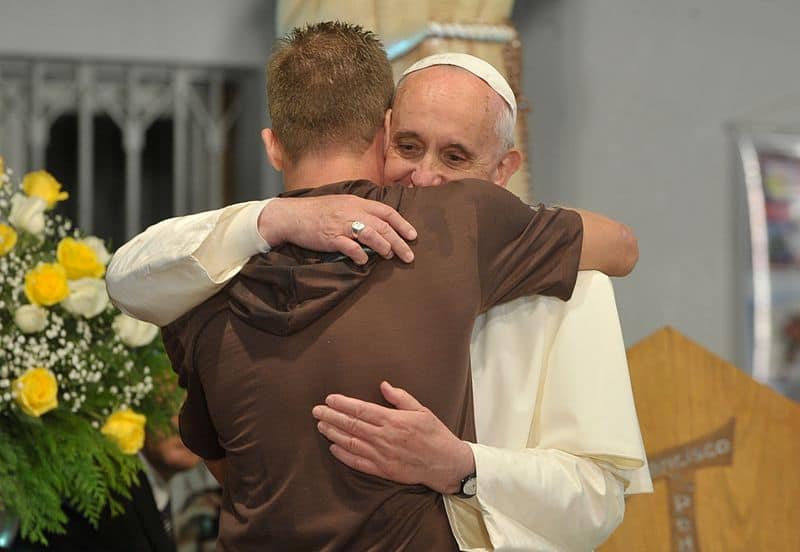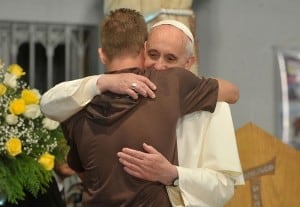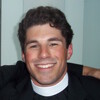“When I went through my lung disease at the hospital, the doctor gave me penicillin and streptomycin in certain doses. The sister who was on duty tripled my doses because she was daringly astute; she knew what to do because she was with ill people all day. The doctor, who really was a good one, lived in his laboratory; the sister lived on the frontier and was in dialogue with it every day. Domesticating the frontier means just talking from a remote location, locking yourself up in a laboratory. Laboratories are useful, but reflection for us must always start from experience.”
If only everything worked out in life as it did in the lab …
This excerpt from Pope Francis’s interview tells me two things about him and how he views the church. First, he reminds himself that it is the sick, the weak, those on the frontier that can shape someone’s perspective in those encounters outside of lab controls. Secondly, he reminds himself – and all of us – that once transformed from the frontier experience with the marginalized, the church can serve and heal the most terrible wounds of those we encounter if we just pay close attention.
We have all depended on someone else for support in our lives, and as such, we have all been on some frontier. We have called people from the security of their “How Things Should Be” Laboratories to our messy situation. That nun in the pope’s anecdote knew the medicine, knew the illness, and – most importantly – knew the one who was suffering and in need. She knew how things should be, but she also knew how things actually were. And Jorge Bergoglio’s illness was not progressing as it should have. She paid attention, and her attentiveness to God’s work through Jorge transformed him and had the ripple effect that has been felt for the last six months in the church.
Recalling his own infirmities, I think Pope Francis is showing his humility. Recalling the good that followed the encounter of nun and patient, I think Pope Francis realizes that the church is healthiest when she embraces her infirmities. Can the church recall and embrace her own infirmities and stay humble? These infirmities are often the absences of those people who have felt excluded from church life, people for whom being shunned to the periphery is the cause of injury, people that some may want to shut in a church hospital and away from public view. Yet life with the people of God never goes according to plan. Take unplanned pregnancies, for example. Yes, the fact that a woman has a child out of wedlock runs contrary to the ideals of church life; it is not “how things should be.” But Pope Francis reminds us that it is precisely such an encounter that should change the minister of the church, not the other way around.
The frontiers are strange, new, and unpredictable. If we are to survive and thrive in them as church, then it seems we need to sharpen our senses and really listen and know those for whom the frontier is home. The frontiers teach us that the experiments perfected in the cold comfort of a laboratory do not always replicate themselves as we thought. But if we pay close attention, we learn that God is teaching the old lesson in a new way for us and for that situation. The pope was on those frontiers and his feeble presence taught that nun how to adapt her nursing practice there. It’s a good thing she was paying attention.
******
Pope Francis embraceing patient image courtesy Wikimedia user Tomaz Silva/ABr



